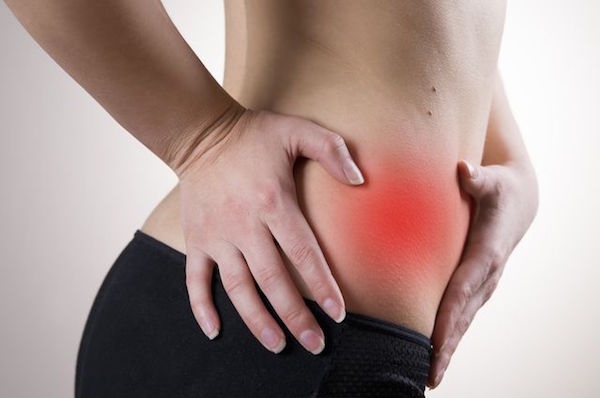Continuing our very popular medical column, Medical Matters, this week Dr Ciaran Roarty examines the problem of appendicitis.
Appendicitis is a painful condition of the abdomen in which the appendix, a small blind-ending outpouching of the gut wall of the large intestine becomes inflamed.
It is an emergency which if not treated may lead to a perforation of the appendix and serious illness. We are not entirely sure why we have an appendix and there are various theories.
What we do know however is that we can manage just fine if it has to be removed.
So how does it become inflamed?
The little narrow outpouching can become blocked with trapped indigestible food remnants or hard stools or indeed simply due to enlarged lymph nodes fighting infection.
The appendix wall may become hard and swollen and unable to empty leading to bacteria multiplying causing inflammation. Teenagers and young adults are the most commonly affected age group but it can develop at any age.
What does it feel like to have appendicitis?
Usually, the person feels sick and nauseous with a loss of appetite and a high temperature. The pain starts off as a dull ache around the belly button but gets worse and moves to the lower right side of the tummy. Bloating and diarrhoea may occur. The appendix itself meanwhile swells, fills with pus and if not removed surgically may burst leading to serious illness.
How will the doctor diagnose it?
Typical symptoms and signs will give your examining doctor clues to the diagnosis and if your GP suspects it, he or she will send you straight to hospital.
The trouble is, not everyone has typical symptoms and there is no easy straightforward quick test to diagnose it. A surgeon has to make the final call based on their examination of you along with your history ( the story of your illness) and tests results.
Blood tests and urine tests (to rule out infection or pregnancy) are performed and sometimes an ultrasound or CT scan is required also. If your symptoms are very typical, the surgeon may decide to go straight to theatre without waiting for a scan.
Could this pain be anything else?
There are other things that can mimic the pain of appendicitis such as a kidney stone passing, a urinary tract infection or inflammatory conditions of the bowel such as colitis or Crohn’s disease. In women pelvic, inflammatory disease, a leaking ovarian cyst or midcycle ovulation pain can seem like appendicitis as well as an ectopic pregnancy. Swollen lymph glands around the bowel in children (mesenteric adenitis) can cause pain similar to appendicitis while gallstones pain can also sometimes be confused with appendicitis.
So how is it treated?
Surgery is required to remove the appendix along with perioperative antibiotics and it one of the most commonly performed operation in the country. It is usually straightforward and often performed by a keyhole operation without any long-term complications.
Antibiotics alone have been trialled successfully to treat some appendicitis cases, but as the inflammation often returns it has not become the established practice.
The above information is intended as advice only and should you have any concerns contact your own Doctor.
Dr Ciarán Roarty MB, BCh BAO MICGP DRCOG Grad. Cert. Obst. Ultrasound
is a full-time GP at Scally McDaid Medical Practice, Scally Place, Letterkenny, Tel 0749164111
www.scallys.ie,
Scally McDaid Medical Practice on Facebook









